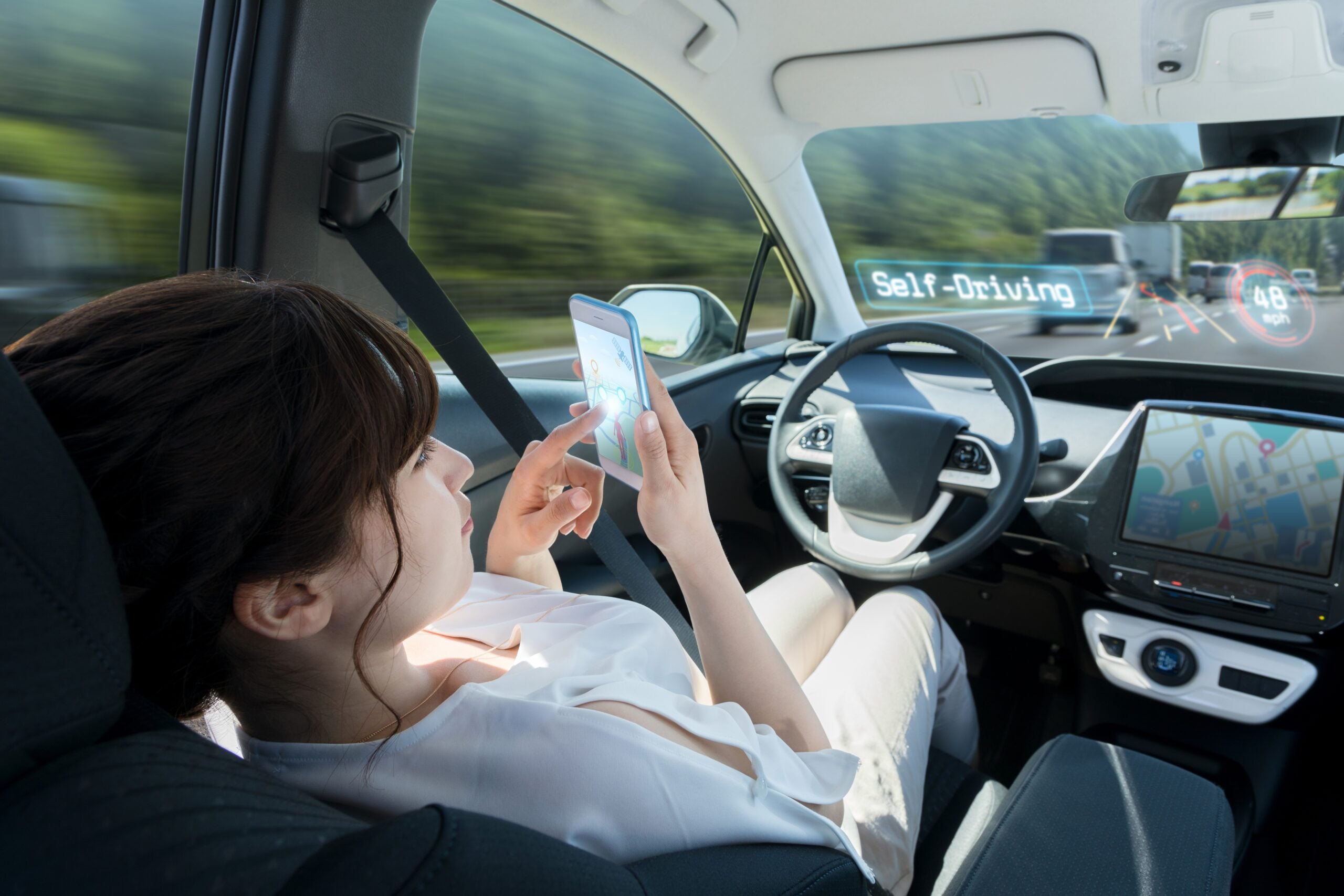The development of the autonomous vehicle is one of the major factors pushing the smart mobility sector forward, bringing us closer to the promise of intelligent urban transport.
The purpose of smart mobility is clear, to build faster, cheaper and cleaner transportation systems while reducing congestion and improving traffic flow and safety in our towns and cities.
The smart mobility concept is all-inclusive, covering people’s preferences for travelling around using their own cars to using multiple modes of transportation, including using ride-hailing, car-sharing, and ride-sharing services, public transportation, biking, walking etc.
Rising traffic congestion, as well as the pollution and health hazards associated with it, and the risk of road accidents and fatalities, explains some of the consumer interest in smart mobility solutions.
Smart mobility promises a well-connected and automated transportation system that leverages advanced technologies to help commuters move around faster, avoiding congestion and saving time while ensuring better air quality and road safety.
Digital platforms
The increasing use of digital platforms by commuters for managing their journeys is further reshaping the mobility ecosystem. Some of the services that are already in use include mobile apps for ride-sharing, car-sharing, a device-enabled travel book and pay for public transport, and app-based city parking.
How well do you really know your competitors?
Access the most comprehensive Company Profiles on the market, powered by GlobalData. Save hours of research. Gain competitive edge.

Thank you!
Your download email will arrive shortly
Not ready to buy yet? Download a free sample
We are confident about the unique quality of our Company Profiles. However, we want you to make the most beneficial decision for your business, so we offer a free sample that you can download by submitting the below form
By GlobalDataOla, Uber and Lyft’s on-demand ride services, Zimride and Carma’s real-time ride-sharing services, car2go and Zipcar’s car-sharing programs, for instance, and other bike-sharing programs are changing the way people get around. It has been reported that Gen Y consumers, in particular, are showing an inclination for mobile apps to plan their journeys using pay-per-use transport instead of owning a car.
Autonomous car influence
Vehicle manufacturers too are focusing on developing connected, and semi-autonomous and autonomous vehicles in order to improve city traffic flow and safety. Car companies are investing heavily in developing mobility services, such as rental, ride-sharing and multi-modal apps.
BMW, Ford, and GM are among some of the early developers of smart mobility services. These companies report they are continuously engaged in research and development for upgrading and enhancing such services. BMW has developed its own proprietary ‘intelligent personal assistant’, which will debut this year. This in-car AI assistant will enable the driver to directly communicate with the vehicle and use satellite navigation, control the vehicle settings and orchestrate the entertainment system.
GM is also poised to launch its fully autonomous ride-hailing services this year. Meanwhile, Capgemini SE, Ericsson, Toyota Motor Corporation, Robert Bosch Gmbh and Siemens AG are playing up their smart mobility credentials.
In October 2018, Capgemini launched an initiative that combines technology, artificial intelligence and analytics to help automotive companies to determine new business opportunities, fast-track implementation, and provide a better customer experience.
Where to for smart mobility
In the coming years, smart mobility is expected to enable seamless integration of various transportation options, including autonomous and on-demand services.
The data collected from the sensors fitted in the vehicle are designed to be used to analyse traffic flow and roadmaps and locate accident hotspots and potholes. The advent of connected devices and internet-enabled solutions are also boosting advancement in the mobility sector. Vehicles may also be fitted with sensors and electronic control modules that enable vehicle-to-infrastructure (V2I) and vehicle-to-vehicle (V2V) communications, which will help in re-routing roads to avoid accidents.








Related Company Profiles
Robert Bosch GmbH
Siemens AG
Capgemini SE
Toyota Motor Corp
Lyft Inc